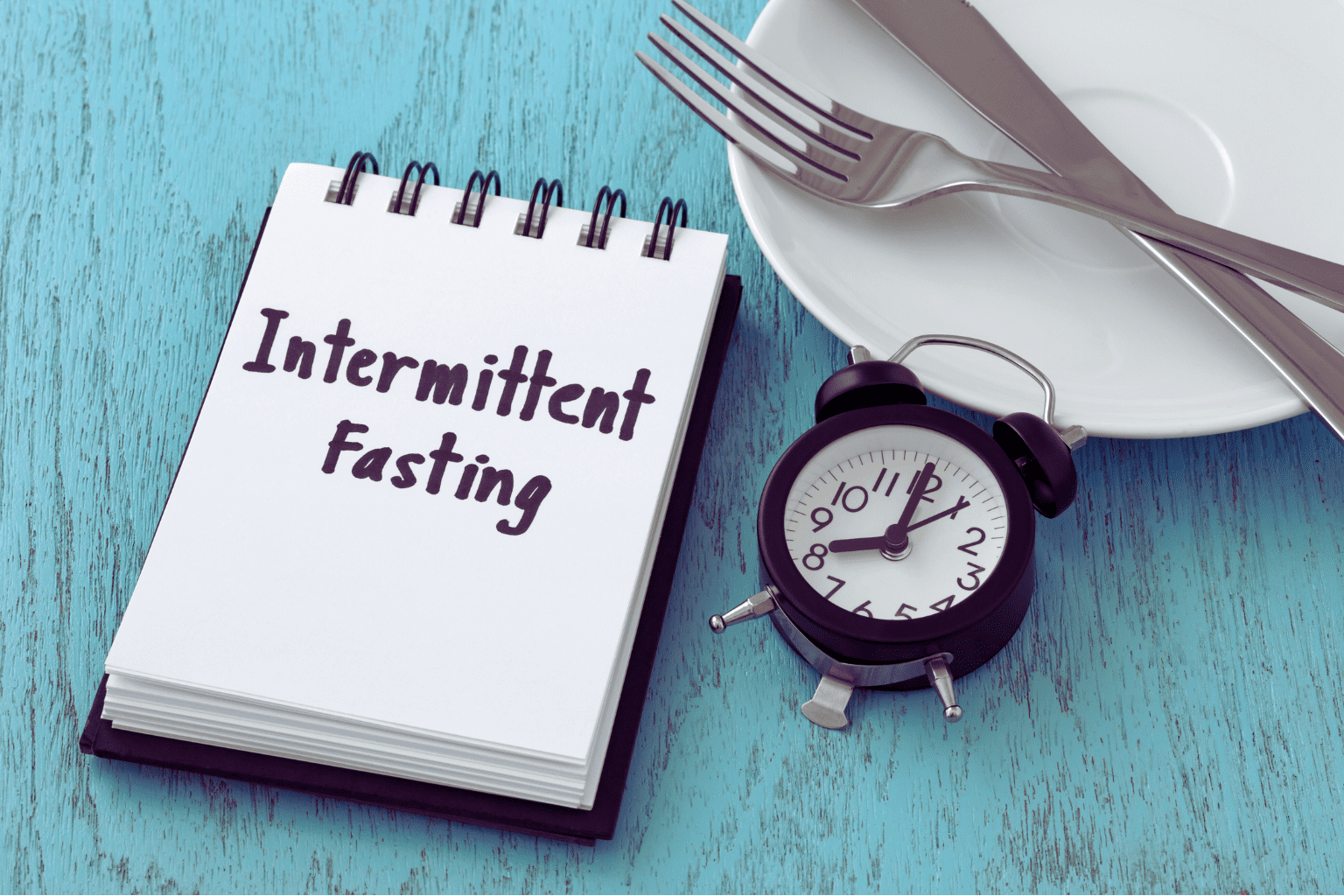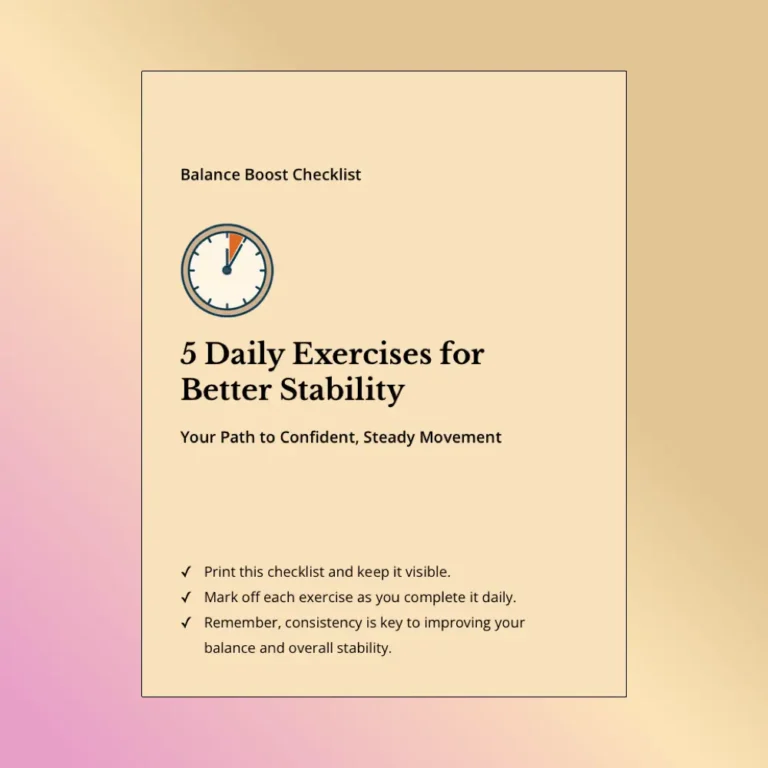
Highlights

Intermittent fasting has gained significant attention in recent years, and for good reason. Even for those of us in our golden years, 55 and above, this approach to eating offers compelling health advantages. But what exactly is intermittent fasting, and why might it be worth considering as we age?
Unlike traditional diets that focus on what you eat, intermittent fasting centers on when you eat. It’s a pattern of eating that alternates between periods of consuming food and abstaining from food. This approach isn’t about restriction; rather, it’s about organizing your meals within specific timeframes.
Several popular methods have emerged:
Each of these methods aims to help regulate your body’s metabolic processes, which can make maintaining a healthy weight easier and improve overall health.
When we fast, something fascinating happens in our bodies. After using up readily available glucose from our last meal, our bodies switch to burning stored fat for energy, a state called ketosis. This metabolic shift can trigger several beneficial changes.
For seniors, this process is particularly relevant. As we age, our metabolism naturally slows down, making weight management more challenging. Intermittent fasting may help counteract this slowdown by enhancing fat burning and improving how our bodies process energy.
Beyond just burning fat, this eating pattern helps improve insulin sensitivity and blood sugar control. Our cells become more responsive to insulin, which means better energy regulation and reduced risk of metabolic disorders, a common concern as we get older.
The benefits of intermittent fasting extend well beyond just helping you fit into your favorite clothes. For seniors specifically, research points to several advantages that can significantly impact quality of life.
Let’s face it, maintaining a healthy weight becomes trickier as we age. Our metabolism slows, activity levels often decrease, and before we know it, those extra pounds start creeping on.
Intermittent fasting offers a practical solution to this common challenge. By limiting the hours during which you eat, you naturally tend to consume fewer calories without feeling deprived. Many seniors find this approach more sustainable than traditional calorie-counting diets.
Research backs this up. Studies show that fasting may help seniors not only lose excess weight but also maintain that weight loss long-term. Unlike crash diets that often lead to rebound weight gain, intermittent fasting promotes steady, sustainable progress.
For more information about maintaining a healthy weight as you age, check out comprehensive weight management strategies for older adults.
Beyond weight management, intermittent fasting can significantly improve your metabolic health and how efficiently your body converts food into energy.
As we age, our risk for metabolic disorders like type 2 diabetes increases. Intermittent fasting has been shown to enhance insulin sensitivity, helping your body manage blood sugar more effectively. This improved insulin response means your cells can better absorb glucose from your bloodstream, reducing blood sugar spikes and crashes.
A recent cardiovascular study published in ScienceDirect highlights how intermittent fasting can lead to reduced inflammation throughout the body. This is crucial because chronic inflammation is linked to numerous age-related diseases, including heart disease and arthritis.
By improving these metabolic markers, intermittent fasting may help reduce your risk of developing chronic conditions that commonly affect seniors. It’s like giving your body’s internal systems a tune-up, helping them run more smoothly as you age.
Perhaps one of the most exciting areas of research on intermittent fasting involves its potential effects on brain health.
Emerging studies suggest that fasting may help protect and even enhance cognitive function. How? It appears that fasting stimulates a process called neurogenesis, the creation of new brain cells, which typically slows as we age.
Additionally, fasting might increase the production of a protein called brain-derived neurotrophic factor (BDNF), which supports the health of existing brain cells and encourages the growth of new connections between neurons.
For seniors concerned about maintaining mental sharpness and reducing the risk of cognitive decline, these findings are particularly encouraging. While more research is needed, current evidence suggests that intermittent fasting could be a valuable tool for keeping your mind as young as your spirit. Learning about optimal nutrition for brain health in seniors can complement the potential cognitive benefits of intermittent fasting.
While the benefits of intermittent fasting are impressive, safety must always come first, especially for seniors. Let’s look at what you need to consider before giving fasting a try.
The short answer is: it depends. For many healthy seniors, intermittent fasting can be perfectly safe and beneficial. However, individual factors play a crucial role in determining whether this approach is right for you.
Your current health status, any existing medical conditions, and medications you’re taking all need to be considered. For instance, if you have diabetes or take medications that need to be consumed with food, fasting might require special adjustments or might not be appropriate at all.
That’s why it’s absolutely necessary to speak with your healthcare provider before starting any fasting regimen. They can help you assess whether intermittent fasting aligns with your specific health needs and goals.
Several medical factors deserve special attention when considering intermittent fasting as a senior:
Blood Sugar Management: If you have diabetes or pre-diabetes, fasting can affect your blood sugar levels. You’ll need careful monitoring and possibly adjustments to your medication schedule.
Medications: Some medications need to be taken with food to be effective or to prevent side effects. Your doctor can help you determine if your medication schedule is compatible with fasting.
Heart Conditions: If you have heart disease or high blood pressure, sudden changes in eating patterns could potentially impact your condition. Again, medical supervision is key.
Nutritional Needs: As we age, getting adequate nutrition becomes increasingly important. Any fasting plan needs to ensure you’re still meeting your nutritional requirements during eating periods. Understanding proper protein requirements for seniors is particularly important when practicing intermittent fasting.
Hydration: Staying hydrated is crucial during fasting periods. While you’re not consuming food, you should continue to drink plenty of water and other non-caloric beverages.
Remember, safety isn’t just about avoiding harm—it’s about creating a sustainable approach that supports your overall health and wellbeing.
Not all fasting methods are created equal, especially when it comes to seniors. Let’s explore which approaches might work best for older adults and how to personalize them to your needs.
16/8 Method: This approach, where you fast for 16 hours and eat during an 8-hour window, tends to work well for many seniors. It’s relatively easy to implement—you might simply skip breakfast and eat your first meal at noon, then finish dinner by 8 PM. This intermittent fasting schedule allows for social meals and doesn’t feel overly restrictive. Many seniors find they adjust to this pattern within a week or two.
5:2 Diet: This fasting diet involves eating normally five days a week and reducing calories (to about 500-600) on two non-consecutive days. It’s particularly appealing if you enjoy flexibility. You can schedule your reduced-calorie days around your social calendar, making it easier to maintain your normal activities and engagements while still benefiting from fasting.
Alternate-Day Fasting: While effective for some, this more intensive approach might be challenging for seniors. The frequent switching between fasting and eating days can sometimes lead to energy fluctuations, which might be more pronounced in older adults. If you’re interested in this method, it’s especially important to start gradually and monitor how you feel.
When it comes to intermittent fasting, one size definitely doesn’t fit all, particularly for seniors. The key to success lies in personalizing your approach based on your unique circumstances.
Start slowly. If you’re new to fasting, jumping straight into a 16-hour fast might feel overwhelming. Instead, begin with a 12-hour overnight fast, for example, finishing dinner at 7 PM and having breakfast at 7 AM. As your body adjusts, you can gradually extend the fasting window.
Listen to your body. Pay attention to how you feel during fasting periods. If you experience dizziness, unusual fatigue, or other concerning symptoms, it’s important to break your fast and consult with your healthcare provider.
Consider your lifestyle. Your fasting schedule should work with your life, not against it. If you enjoy breakfast with your spouse every morning, the 5:2 method might be more suitable than the 16/8 approach. If you take medications that need to be consumed with food in the morning, you’ll need to adjust accordingly.
Adjust for activity. On days when you’re more physically active, you might need to modify your fasting schedule or duration to ensure you have adequate energy.
The beauty of intermittent fasting is its flexibility. With some thoughtful planning and attention to your body’s signals, you can create a fasting routine that enhances your health without disrupting your enjoyment of life.
Is intermittent fasting safe for seniors? Intermittent fasting can be safe for many seniors, but it’s not right for everyone. Your current health status, medical conditions, and medications all play a role in determining whether fasting is appropriate for you. It’s essential to consult with your healthcare provider before beginning any fasting regimen, especially if you have chronic conditions like diabetes, heart disease, or kidney problems.
What are the best fasting methods for seniors? Many seniors find the 16/8 method (fasting for 16 hours, eating during an 8-hour window) or the 5:2 diet (eating normally five days a week, reducing calories on two non-consecutive days) to be manageable and effective. The best method for you depends on your personal preferences, lifestyle, and health status. Starting with a shorter fasting period and gradually increasing it can help your body adjust more comfortably.
What medical considerations should seniors keep in mind? Several medical factors require attention when considering intermittent fasting. These include how fasting might affect your blood sugar levels, medication schedule, heart disease risk, and nutritional needs. Some medications need to be taken with food, and certain conditions might make fasting risky. Regular check-ups and open communication with your healthcare provider are important to ensure fasting remains safe for older adults.
As you consider whether intermittent fasting might be right for you, remember that it’s not just about the potential health benefits—it’s about finding an approach to eating that feels sustainable and enhances your quality of life. Many seniors report not only physical improvements from intermittent fasting but also a greater sense of energy and clarity.
For those interested in learning more about the science behind intermittent fasting, this informative video explains how fasting affects your body.
The video explains the basic principles of intermittent fasting and how it can positively impact your health at any age.
In conclusion, intermittent fasting offers promising benefits for seniors, from better weight management to improved metabolic health and potential cognitive protection. However, these benefits must always be balanced with safety considerations. By working with your healthcare provider and listening to your body, you can determine whether intermittent fasting for women over 50 and men might be a valuable addition to your health routine.
Have you tried intermittent fasting, or are you thinking about giving it a go? What questions or concerns do you have about this approach? Remember to check with your doctor before making any significant changes to your eating patterns, and consider starting with a gentle approach that allows your body to adjust gradually to this new way of eating.
